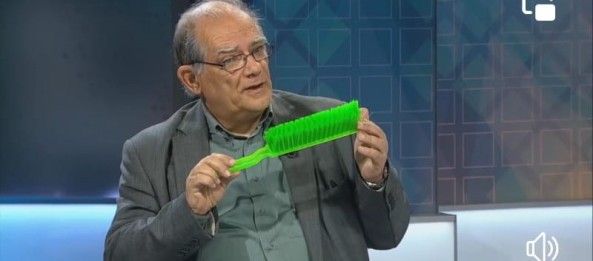In the past few days, government has, once more, through various Ministers, sought to normalise clientelism. Each Ministry, nowadays, has a fully staffed office that is described as a “customer care” unit.
“Customer care” in the government Ministries is many a time, sugar-coated clientelism. Calling it “customer care” makes it more palatable in this day and age, maybe. This is the way the political system works, Robert Abela stated.
When the “customer care” unit helps citizens in negotiating the bureaucratic labyrinth, it may serve a useful purpose. The stories making the headlines are however of quite a different nature. They are the result of the utilisation of so-called “customer care” unit to short-circuit the rules which are applicable to all of us. Consequently, it is a “customer care” which screws the system applicable to lesser mortals.
At least two completely different services offered by the state are being sabotaged: severe disability pensions on the one hand and the issuing of licences to drive vehicles. To this one can also add Air Malta, which is clearly a victim of blatant clientelism practiced over the years by the PLPN.
Just four weeks ago Newsbook carried an interview with a person who was sought out by an identified official of the “customer care” desk at the office of the prime minister. She was advised to apply for a severe disability pension when she was aware that she was not entitled to it.
The details of the driving tests scandal, on the other hand, clearly show the link with the entourage of various holders of political office.
The electronic messaging made public clearly shows the manner in which the political system has worked. Referring the name of driving test candidates to the Transport Malta official responsible for the driving test is way beyond what is considered legitimate assistance from customer care officers. It is pretty obvious to one and all that it was a push to assist persons to pass the driving test in a deceitful manner.
Warning the examiner that if a particular candidate failed the driving test the examiner would have to answer to the Minister for his action is serious enough. It is anything but normal. A political system which considers that this is permissible, as the Prime Minister is suggesting, is unacceptable if the rule of law is to prevail.
In other jurisdictions political responsibility was shouldered for much less than this.
Consider for example the resignation of David Blunkett as Home Secretary from Tony Blair’s Cabinet in 2005 in the United Kingdom. The case involved a visa application for his ex-lover’s nanny which had been fast-tracked. Even David Blunkett had insisted that “he had done nothing wrong”. However, he resigned from his political office, as, he emphasised, that questions about his honesty “had damaged his government”. The BBC had then quoted David Blunkett as having stated that “any perception of this application being speeded up requires me to take responsibility.”
Political responsibility is all about accountability. Holders of political office, including the Prime Minister are accountable for the manner in which they and their staff act and interact with the public. Brushing such matters aside and labelling them as “normal” adds to the toxicity of the political system.
The resignation of Silvio Grixti from his parliamentary seat almost two years ago is not enough. Grixti resigned as he was being investigated for his alleged criminal activity. We are here dealing with those who have political responsibility for the ongoing normalisation of clientelism, which matter, unfortunately, is being completely ignored.
The continuous repetition of the phrase “he did nothing wrong” betrays what is wrong with the whole system. Depicting it as “normal” is even worse.
Much is wrong with the political system in place. We need a political system founded on what is right: one based on rights and not one based on favours.
published on The Malta Independent on Sunday: 8 October 2023








